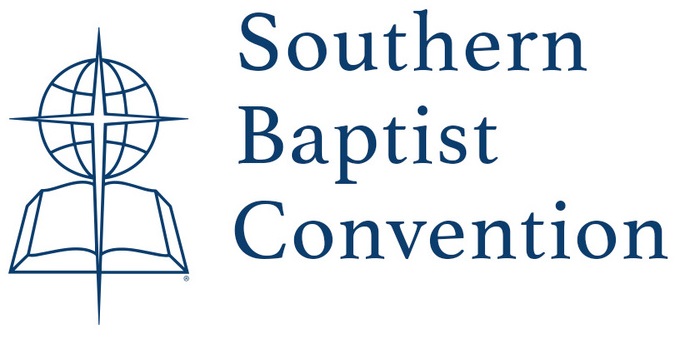Exploring Eldership: Detangling the Ball of Snakes
/Leadership in the church is a difficult conversation these days. Elders? Deacons? What do these words mean? Who should hold the title of pastor? What role do females play in church leadership? What model of government? Are there still Apostles? "Big A" or "little a" apostle; what in the world does that mean! How does tradition and shifting vocabulary impact our understanding? Exploring the biblical idea of eldership seems tied to many of these questions and more. At times, this conversation feels like a tangled ball of snakes.
There are many ways to untangle the ball, but most people who try haven't first identified a process. They just start grabbing at snakes. Even worse, tradition and history influence the journey and pre-conceived ideas influence the desired final destination. History and tradition are helpful and even necessary in understanding how things got tangled and what we must to do communicate clearly today. Understanding our avenues of approach is also critical if we're going to sort out this mess if indeed it is a mess. Pragmatics? Which voices are we going to elevate with the most authority? The loudest, the newest, Scripture?
Most churches got where they are by following the churches or leaders before them. They might have and elder-lead church, or not, but they aren't completely sure why. Or there might have been a shift by following the popular teacher of the day. "Let's do what he's doing" might have led to a change in church government, or an adjustment to a plurality of elders, or some other variation, but apart from following someone else, the church couldn't fully articulate why. Or maybe the pressure of the outside world around the church forced change in the church. In his book, Biblical Eldership: An Urgent Call to Restore Biblical Church Leadership, "Alexander Strauch writes,
"There are horrendous pressures on churches today to conform to the world-wide, feminist spirit and its ruthless eradication of all male-female distinctions in the church. Part of the church growth movement, in its obsession with bigness and numbers, preaches giving as much power and authority as possible to one person. Multitudes of churches are oblivious to the moral and spiritual qualifications outlined in the New Testament for church shepherds. Worldly attitudes of bigness, power, self-promotion, and success in 'the ministry' are deeply ingrained in the minds of too many church leaders" (Lewis & Roth Publishers, 1995, 11-12).
I admit that I am guilty. I have been influenced by the popular (and unpopular) voices of the day. I planted a church and simply adopted the same government, definition of roles and offices, and constitution as the church that sent me to plan a new faith-family. I've allowed my "camp" to influence how I understand the terms. Sure, I see eldership in the Bible and I can make a case for a plurality of eldership, but are there other cases to be made? Do I fully understand my position on eldership? I'm ready to start untwisting the knot of vipers. I believe what looks like a ball of snakes is really not something so harmful or poisonous. The more I read God's Word and watch how he works, the more I'm convinced that getting this sorted out will actually bring about a great deal of peace in my mind, solidify my own biblical convictions, and reveal the correct identity of what, at present, looks like dangerous reptiles. And maybe there's blessing there that I've missed out on for years because of my failure to dig deeply into this doctrine. But I won't know until I start working at it.
My plan is to start with a biblical perspective of words like Elder and Deacon and pastor and church. I want to gain a better understanding of pastor, shepherd, overseer, bishop, and the other roles we see then and now. What are the offices of Christ's Church? And how about the Apostles? Ephesians 4 has something to say about the apostles, the prophets, the evangelists, and the shepherd-teachers. If I'm going to get the right foundation, I want to build it on God's Word.
Once I have a biblical foundation, I want to look at how this moved forward through history. What did the early Church have to say about it? What did other godly theologians think? What happened during the reformation? How did the great awakenings, the mission movement, and church growth movement influence the thinking on church leadership and government? How about other cultures? They have had different influences thrust upon them that might have shaped their thinking differently? I want to look at this issue through time.
And finally, I want to understand how to communicate my findings clearly and in a way that does not add more confusion. How does a local church function in a world where words have meaning and people have assumptions? And we have to consider translation. For example, no churches that I am aware of officially call their leaders "overseers" even though that translated word is used in the Bible, among many different translations to describe church leaders. I want to get this right in my mind and then right in how I lead the local church to function.
In the coming weeks and months, I will offer posts in a journey I'm calling "Exploring Eldership. I don't yet know how many article will find their way into this series, but we'll find out together. I pray it might be helpful for you and ask that you pray for me. And be on the lookout for the next installment in the series, "Exploring Eldership."
For the Kingdom!
Bryan Catherman






















